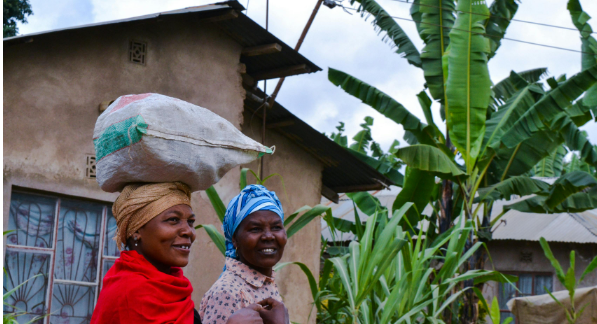
Tanzania is experiencing a betting boom that is generating large revenues but also some severe problems. As sports betting expands ever more quickly, there are very serious questions to be raised about its social implications, especially for the young people who are fueling this explosive expansion.
Gaming is no longer on the margins of society: It’s now a multi-billion-shilling business. And yet, in all that money flowing into the sector, one can’t help but wonder: What’s the cost?
The meteoric rise of the betting industry in Tanzania
Sport betting in Tanzania has taken off, and the figures tell it all. According to the Gaming Board of Tanzania (GBT), the industry’s income has grown many times in recent times. Alone in the financial year 2024/2025, the government is expected to pull in a revenue of around 200 billion Tanzanian shillings from betting companies. This growth is largely driven by the young who constitute the majority of sports bettors, drawn by the adrenaline and possibility of quick money.
The high ambition underscores just how far the industry has risen in significance to the Tanzanian economy, not just in turnover but also in employment and technology development, as the industry continues to move towards digital platforms. On sports betting websites, fans can both find predictions, research about analytics, dive into expert assessments, and place bets directly on the web or through an app. This accessibility is a product of technological development, which has allowed such digital platforms to become more accessible across the country.
Why are the youth betting big?
In a country where nearly 61% of its population is under the age of 24, it shouldn’t be surprising that young people are flocking to betting sites. The convenience with which an individual can easily get started is at the heart of this. It takes only 500 Tanzanian shillings (around $0.22) to bet on sports events such as football, basketball, or even virtual sports. The low entry point allows it to reach a wide group of individuals, and with the development of cell phones and access to the internet, gambling has never been so convenient. The bettors are able to wager at any given moment, from anywhere, just by clicking on their phones.
But the lure is not solely financial. It’s a thrill. Gambling gives an adrenaline rush that’s hard to resist, and with the potential to win big, it’s no wonder so many Tanzanian youth are diving headfirst. For some, it’s the promise of taking a small investment and turning it into a life-changing sum of money. For others, it’s simply the excitement of being able to play their favorite sports on another level.
The dark side of gambling: Addiction and mental illness issues
With the expansion of the gambling industry comes the expansion of accompanying ills. Maybe worst of all is the problem of addiction, one which is devouring many of Tanzania’s young people. It is not unusual to be told of individuals who spend hours glued to their phones, gambling continuously. These young players are often plagued by severe financial troubles, as they lose faster than they win, but the implications extend far beyond money. More and more frequent cases of mental illness are being reported, with anxiety and depression being blamed on the stress and frustration of lost bets.
Gambling addiction is having a broader social effect, as it is affecting families and communities. The lure of quick money is inducing others to default on their responsibilities, and even reports have emerged of young gamblers going to extreme lengths to fund their gambling addiction, like borrowing from relatives and friends or resorting to criminal activities.
The government’s role: Balancing revenue and responsibility
It is a delicate balancing act for the Tanzanian government on sports betting. On the one hand, revenue accruing to the betting industry is hard to ignore. It has enacted a number of instruments intended to contain the industry in some way or another, e.g., betting firms and winners taxes, intended to ensure the industry makes contributions to the national treasury. Betting has also created jobs, from customer care desks in betting enterprises to technology and advertisement opportunities.
The Tanzania Gaming Board is striving to make the industry more transparent and ethical. For example, the GBT has been pushing betting companies to play by fair rules, ensuring that the odds are not predetermined and players have a genuine chance to win.
They are also seeking tough controls on advertising, especially on vulnerable groups like the youth. These measures aim at curbing the negative effects of the gaming business without undermining its financial proceeds. Besides regulating the business, the government is also considering offering social support networks to gambling addiction victims. Educational campaigns have been advocated to raise awareness on the risks of over-gambling, as well as establishing rehabilitation centers for those who need to quit their gambling culture.
Conclusion: The price of success
Tanzania’s gaming industry is a two-faced sword. On the positive side, it’s a huge economic booster, injecting revenue and jobs and giving youth the chance to dream big. On the negative side, it is causing suffering to many, mainly due to addiction and the attendant social problems.
The country is at a crossroads: It must discover how to benefit from the economic returns of the gambling mania without subjecting its people to the negative side of the enterprise. The escape will be through strict regulation, public education, and compliance with good gambling practice.





